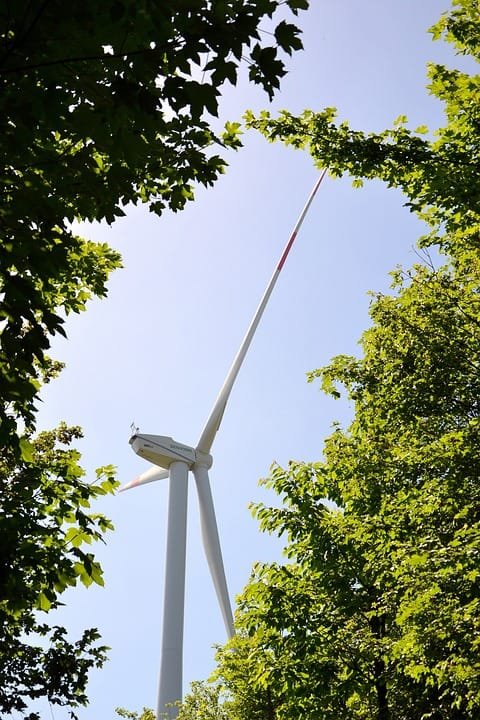[ad_1]
Mastering the Art of Composting: Innovative Techniques for Sustainable Gardens
Introduction
Composting is an essential practice for any sustainable garden. Not only does it help to recycle organic waste and reduce landfill, but it also provides nutrient-rich soil for plants to thrive. In this article, we will explore the art of composting and introduce some innovative techniques to help you achieve a successful composting process.
What is Composting?
Composting is the process of breaking down organic material, such as kitchen scraps and yard waste, into nutrient-rich soil. This soil, also known as compost, can be used to fertilize plants and improve soil quality in your garden. Composting is a natural process that mimics the decomposition of organic matter in nature.
Why Compost?
Composting has numerous benefits for both the environment and your garden. By composting your organic waste, you can reduce landfill waste and lower greenhouse gas emissions. Compost also helps to improve soil structure, retain moisture, and provide essential nutrients for plant growth. Additionally, composting can save you money on fertilizers and soil amendments.
Getting Started with Composting
Before you can master the art of composting, you need to get started with the basics. To begin composting, you will need a compost bin or pile, a mix of green and brown materials, and a little bit of patience. Green materials include kitchen scraps, grass clippings, and coffee grounds, while brown materials include leaves, straw, and cardboard.
Innovative Composting Techniques
Now that you have the basics down, let’s explore some innovative composting techniques to take your composting game to the next level.
Vermicomposting
Vermicomposting is the process of using worms to break down organic material into compost. Worms are excellent composters and can quickly turn your kitchen scraps into nutrient-rich soil. To start vermicomposting, you will need a worm bin, bedding material, and red worms.
Bokashi Composting
Bokashi composting is a fermentation process that uses beneficial microbes to break down organic waste. Bokashi bins are airtight containers that allow you to ferment kitchen scraps quickly and without odors. Bokashi composting is an excellent option for those with limited space or those looking for a faster composting process.
Trench Composting
Trench composting involves digging a trench in your garden and burying organic waste directly into the soil. This method helps to improve soil fertility and reduce the need for a traditional compost bin. Trench composting is perfect for gardeners with a large amount of organic waste or those looking to improve their soil quality quickly.
Common Composting Questions
As you embark on your composting journey, you may have some common questions. Let’s address a few of these questions:
How long does it take to make compost?
The time it takes to make compost depends on various factors, such as the materials used, the size of your compost pile, and the environmental conditions. In general, it can take anywhere from a few weeks to several months to produce finished compost.
What can I compost?
You can compost a wide range of organic materials, including kitchen scraps, yard waste, paper, and cardboard. However, avoid composting meat, dairy, and oily foods, as they can attract pests and create odors.
How do I know when my compost is ready?
Finished compost will have a dark, crumbly texture and a earthy smell. You may still see some bits of organic material, but for the most part, the compost should be fully decomposed. You can also test your compost by planting a seed in it – if the seed grows successfully, your compost is ready to use.
Conclusion
Composting is an essential practice for any sustainable garden. By mastering the art of composting and implementing innovative techniques, you can create nutrient-rich soil for your plants while reducing waste and lowering your environmental impact. Remember to start with the basics, experiment with different composting techniques, and have patience with the process. With a little bit of effort, you can transform your organic waste into a valuable resource for your garden. Start composting today and reap the benefits of a sustainable garden tomorrow.
[ad_2]



